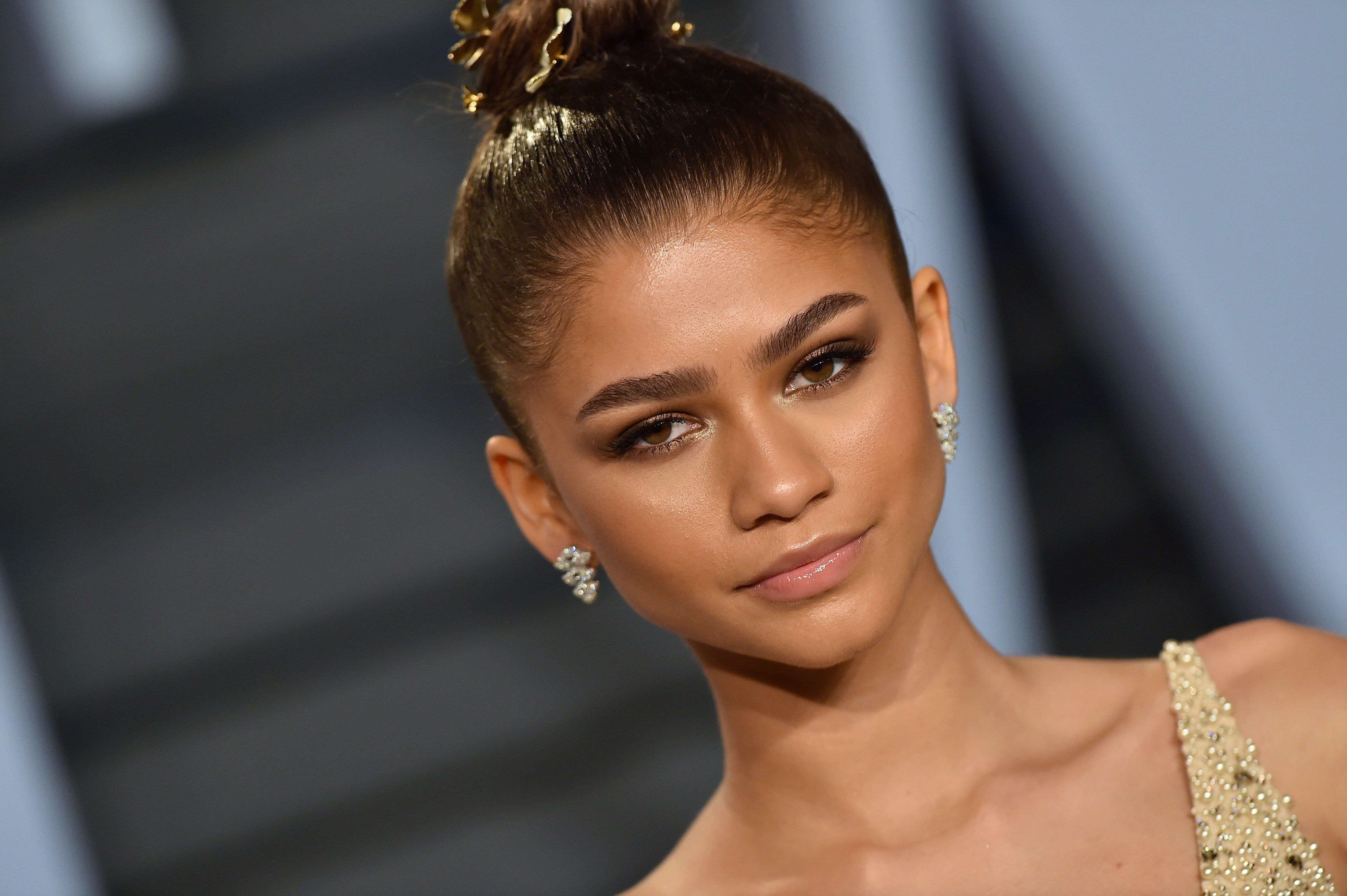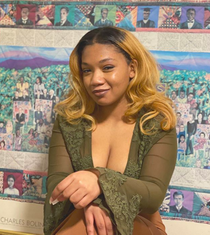Culture & Entertainment

Ad
"You are so pretty, what are you mixed with?"
A microaggression that assumes that the beauty you see in me must come from the part of me that isn't black.
My mother taught me about the "paper bag" rule when I was very young. All of my barbies were black, all of the characters in my books had black characters, and she consistently made sure that I was fed images of beauty that were immersed in melanin. Although I didn't fully understand at the time, she made an effort to consistently recognize the beauty in my own skin, as well as the privilege that came with it.
Colorism is the system under which people with darker skin tones are discriminated against and considered inferior to their fairer-skinned counterparts. Although colorism is a worldwide theology, America's relationship with the concept is deeply rooted in slavery. This ideology, which is widely reflected in the entertainment industry today, submits that individuals with fairer skin are closer to being white and are thereby more intelligent, deserve preferential treatment, and are most times afforded better opportunities.
But never fear, a modern day black girl renaissance is occurring before our eyes.
Female creatives have found their voice in mainstream media and refuse to be silent ever again, making 2018 the year that black feminists use their platforms to incite measurable change. One of the latest entertainers to speak out about Hollywood's problem with colorism is Zendaya. She spoke to Bozoma Saint John at the Beautycon Festival about the importance of lighter-skinned black women checking their privilege to ensure that we all women are offered equal representation.
"As a black woman, as a light-skinned black woman, it's important that I'm using my privilege, my platform to show you how much beauty there is in the African-American community. I am Hollywood's, I guess you could say, acceptable version of a black girl and that needs to change. We're vastly too beautiful and too interesting for me to be the only representation of that. What I'm saying, it's about creating those opportunities. Sometimes you have to create those paths. And that's with anything, Hollywood, art, whatever."
The 21-year-old actress and activist has been an avid crusader against colorism since she was 17 and used her platform as co-producer of her show, K.C. Undercover, to promote diversity on the Disney Channel. She told Cosmopolitan:
"One thing that is really important to me is diversity on the channel. It's hard as a young person of a different ethnicity or background to look at the TV and not see anyone who looks like you. Representation is very important."
"Unfortunately, I have a bit of a privilege compared to my darker sisters and brothers. Can I honestly say that I've had to face the same racism and struggles as a woman with darker skin? No, I cannot."
Privilege is a tricky word, because it suggests that one has not endured struggles. People of color have all in one way or another been impacted by traumatic experiences of racism, but our realities are not the same. Zendaya reminds us that unless opportunities are equally afforded to all women of color, none of us are truly free.
I understand that I have never and will never experience the same narrative as my darker-skinned sister, and the only way to change that is to check my own privilege and acknowledge her struggle.
Society needs to have this conversation, but it's up to us to spark the debate.
Featured image by Getty Images
Related Articles Around the Web
- Zendaya On Colorism: 'I Am Hollywood's Acceptable Version Of A ... ›
- Zendaya Coleman: 'I Don't Face the Same Struggles as a Woman ... ›
- Zendaya On Racism, Colorism and Representation | Colorlines ›
- Zendaya Opens Up About Light-Skin Privilege, Colorism | StyleCaster ›
- Zendaya Called Out Hollywood's Colorism Problem ›
- Jesse Williams, Zendaya, and Our Issues With Colorism ›
- Zendaya tackles colorism in "A White Lie," the true story of the first ... ›
- Zendaya Coleman Addresses Colorism: 'I Don't Face the Same ... ›
- People Are Loving Zendaya's Comments About Black Women In ... ›
ALSO ON XONECOLE


